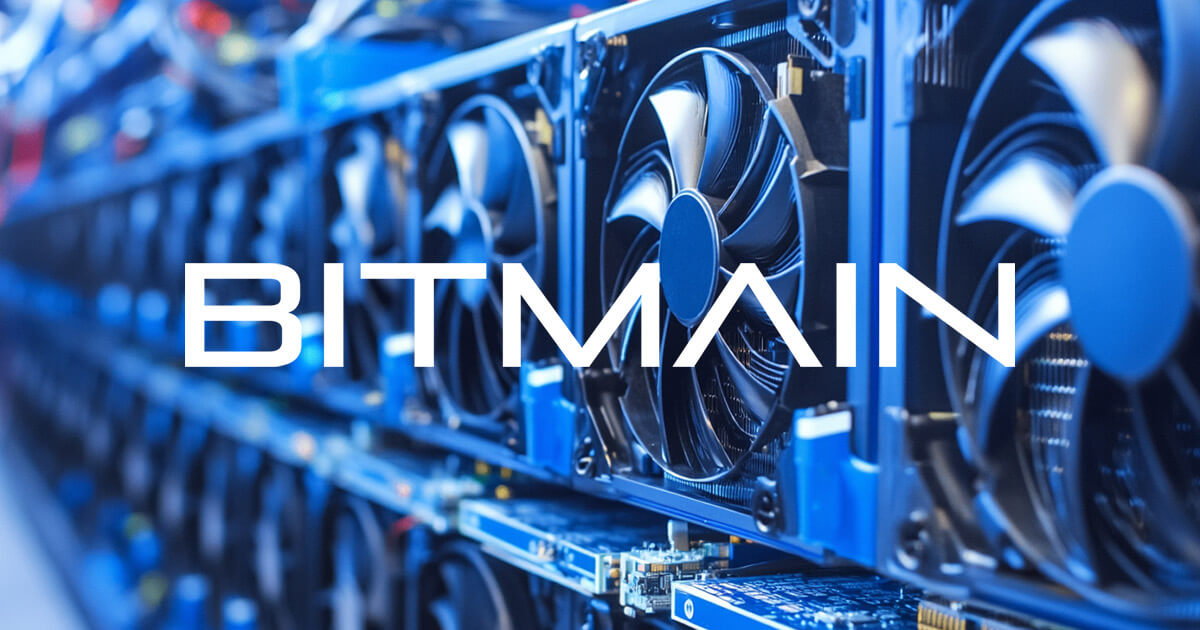Bitmain denies connection to US supply chain investigation involving Huawei chips



Bitmain issued a statement distancing itself from recent media reports linking the company to a supply chain investigation involving Huawei. The Bitcoin mining equipment manufacturer emphasized that it would not participate in such investigations and that it reserves the right to take legal action against media outlets spreading false information.
The statement is as follows:
“BITMAIN specializes in designing cryptocurrency mining equipment. BITMAIN is not involved in or involved in any supply chain investigations recently reported in the media.
All news claiming that BITMAIN is involved in the aforementioned incident is false and baseless. BITMAIN reserves the right to take legal action against media that publishes and spreads false information.”
Taiwan Semiconductor Manufacturing Company (TSMC) has halted shipments of chips produced by China-based chip designer Sophgo after they were discovered in Huawei’s Ascend 910B AI processor, according to Reuters. Huawei has been restricted from purchasing such technologies due to U.S. national security concerns. The U.S. Department of Commerce expanded its authority in 2020 to prevent foreign-made items that are a direct product of U.S. technology from reaching Huawei.
Sophgo, which is said to be affiliated with Bitmain, has ordered chips from TSMC that match those found in Huawei processors. According to Reuters, Bitmain said it complies with all laws and has never had any business relationship with Huawei. Sophgo provided a detailed investigative report to TSMC to prove its non-relationship with Huawei.
Due to US export restrictions, TSMC, the world’s largest contract chipmaker, has not supplied to Huawei since mid-September 2020. The company has been actively communicating with the U.S. Department of Commerce but declined to comment further. Huawei also said it has not produced chips through TSMC since U.S. export rules went into effect in 2020.
Bitmain’s relationship with Sophgo stems from co-founder Micree Zhan. Corporate records show Zhan co-founded two companies. Sophgo was described as a Bitmain affiliate and used a Bitmain email address called Xiamen Sophgo Technologies Ltd. to communicate with the U.S. Federal Communications Commission.
In 2021, Taiwanese prosecutors indicted two Bitmain affiliates on charges of illegally hiring Taiwanese semiconductor engineers and conducting unauthorized research and development activities. According to the New Taipei City Prosecutor’s Office, four Taiwanese defendants pleaded guilty and were sentenced to fines.
The U.S. government has expressed ongoing concerns about China’s access to advanced semiconductor technology, particularly in areas related to artificial intelligence and national security. Huawei, a major Chinese telecommunications company, has been subject to U.S. sanctions since 2020, limiting its ability to procure cutting-edge chips and technology that could pose risks to U.S. interests.
When TSMC discovered chips from Huawei’s Ascend 910B processors, the company notified U.S. authorities and halted shipments to Sophgo. Ascend 910B, released in 2022, is considered one of the Chinese company’s most advanced AI chips. Before the 2020 restrictions, TSMC supplied chips for Huawei’s Ascend series.
This situation is putting pressure on Chinese companies to develop domestic solutions in the field of advanced semiconductor technology. The interaction between international trade regulations and technological advancements continues to shape the dynamics of the global technology industry.
By categorically refusing any involvement in supply chain investigations, Bitmain aims to distance itself from potential legal and regulatory repercussions. To reassure stakeholders and maintain its presence in the Bitcoin mining sector, the company emphasizes that it complies with all laws and has no business relationship with Huawei.



